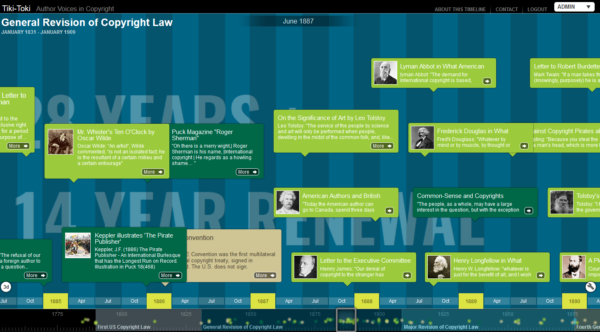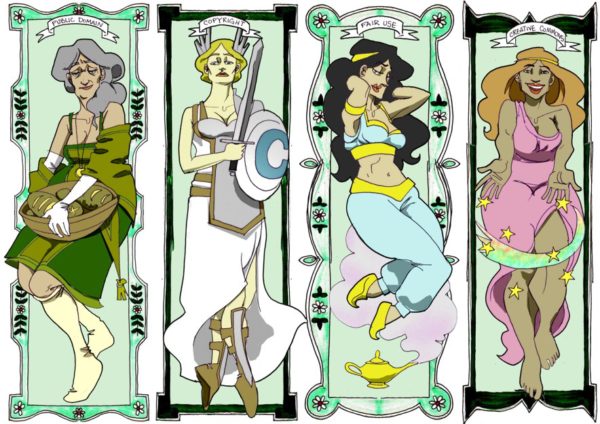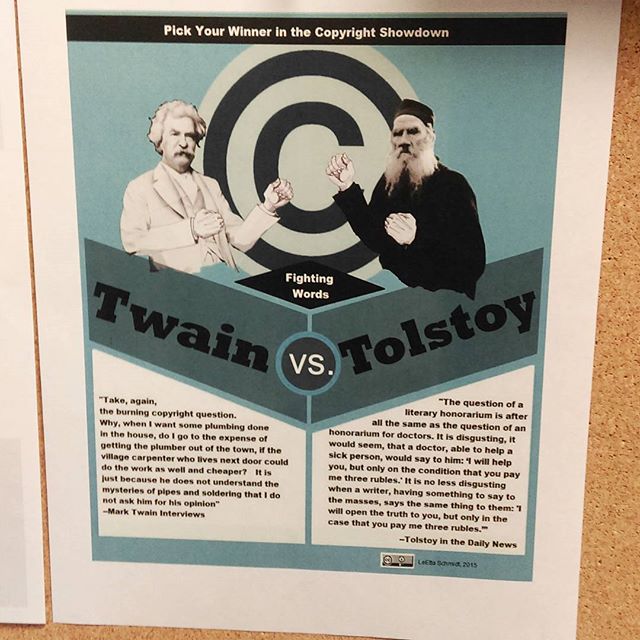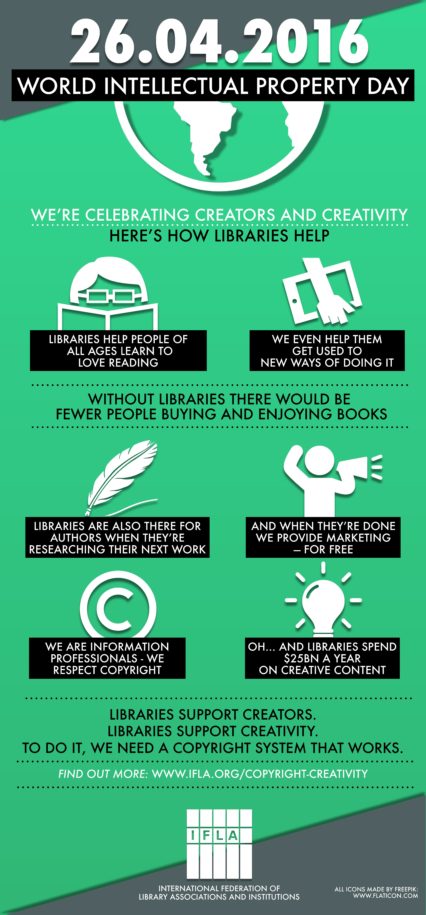Before copyright law there were poets and playwrights who bemoaned the theft of their work and words by others while at the same time they stole words to build their poems and plays. Plagiarism was rampant, though, the act of literary theft was only just termed plagiarism, by one poet’s re-purposing of a Latin term for man-stealing or kidnapping. After copyright law was established, there were authors postulating its merits and its deficiencies, in writing, to the public and their peers. Authors were thinking about copyright.
When I discovered that one of my favorite authors, Mark Twain, had stood before congress to give his professional opinion on a copyright term extension I was more than excited. But, I found myself arguing with Twain. I could see some of his point, but I did not agree with all of it. I wondered, where were the author voices on copyright today. I’m still searching, but what I’m finding is that most of the well known, professionally published and successful authors are letting publishers and author’s guilds speak for them. Do they really agree with everything that’s being said?
Now that copyright is immediate without registration, the world is teaming with authors. Some write for fun, and to entertain their friends. Some make a living off of it, or perhaps off of other creative endeavors offered up to the public via the web. And just like those poet thieves from before copyright law, all authors are users of copyrighted content as well. With this huge population of authors, there is still little thinking and postulating and writing about copyright. I’m not saying copyright theory is crazy sexy or anything…well, no, you know what? It is. It is obsession worthy. It is discussion worthy. I mean, think about it, copyright law is government regulation over what we birth and grow in our minds and give to the world. If Athena emerged from Zeus’ head today she would be protected by copyright law! If art is a conversation, copyright law is keeping checks on what we say!

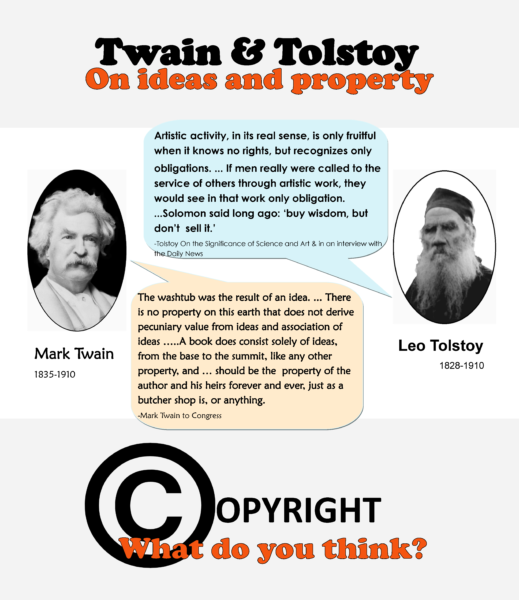
Anyway, my obsession with finding author voices has resulted in these things, so far. Twain and Tolstoy were contemporaries; and if you think all authors would argue for longer and stronger copyright law, Tolstoy would prove you wrong. He was against copyright. He looked on his writing as a service to the public that both provided him the experiences he used to write and the living that let him write. The burden of his education and leisure was to reach out to people, teach them, and attempt to enrich their lives with the fruit of his literary genius.
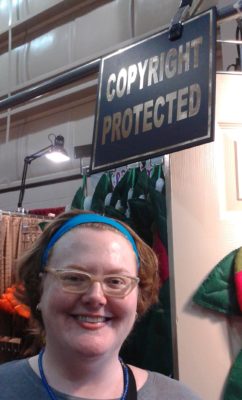

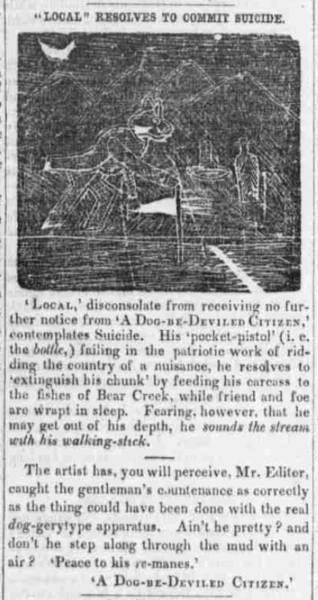 I thought that I was a fan of Mark Twain’s work, though I would usually specify that I enjoyed his essays and sketches more than the novels he is typically known for. I have to admit, I am not a very good fan, perhaps of anything, because it never occurred to me to find out any more. I never knew that while working as a typesetting apprentice on his older brother’s newspaper he began penning humorous stories under pseudonyms, or that he would continue this pseudonymous writing on other papers. I knew that Mark Twain was a pseudonym, but I never knew that it was simply a later and greater pseudonym that followed: W. Epaminondas Adrastus Perkins, W. Epaminondas Adrastus Blab, Rambler, grumbler, Peter Pencilcase’s Son, John Snooks, and Thomas Jefferson Snodgrass, and A Dog-Be-Deviled Citizen… A curious and, perhaps tenacious, view through
I thought that I was a fan of Mark Twain’s work, though I would usually specify that I enjoyed his essays and sketches more than the novels he is typically known for. I have to admit, I am not a very good fan, perhaps of anything, because it never occurred to me to find out any more. I never knew that while working as a typesetting apprentice on his older brother’s newspaper he began penning humorous stories under pseudonyms, or that he would continue this pseudonymous writing on other papers. I knew that Mark Twain was a pseudonym, but I never knew that it was simply a later and greater pseudonym that followed: W. Epaminondas Adrastus Perkins, W. Epaminondas Adrastus Blab, Rambler, grumbler, Peter Pencilcase’s Son, John Snooks, and Thomas Jefferson Snodgrass, and A Dog-Be-Deviled Citizen… A curious and, perhaps tenacious, view through 